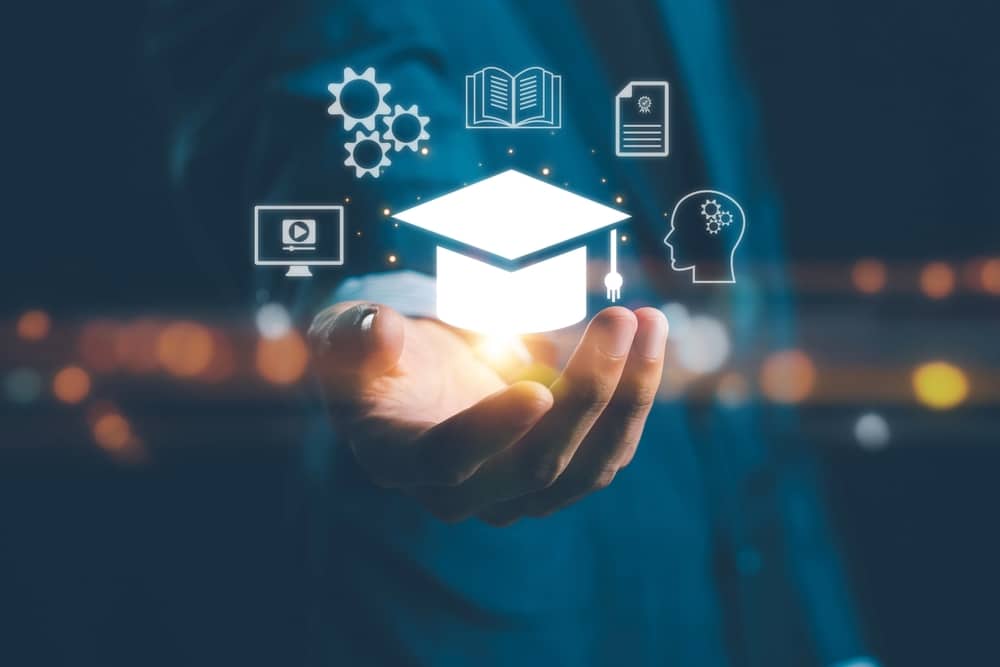Businessman and philanthropist Arif Efendi is the principal of UK single-family office and advisory company Aethos Capital. This article will look at philanthropy and how successful businessmen are drawing on their valuable experience, resources and skills to drive transformation in education.
Globally today, approximately 90% of all companies are small and medium-sized businesses or ‘SMEs’ according to the World Economic Forum, with these organisations providing employment for almost 70% of the global workforce, driving transformation and playing a critical role in propelling the global economy forward.
Innovators are not grown overnight. Rather, the entrepreneurial mindset is one that must be cultivated. When establishing and growing a successful business, every entrepreneur needs a quality education, providing a solid foundation of knowledge and confidence and instilling a passion for lifelong learning.
Worryingly, research by Unicef suggests that 600mn children and adolescents worldwide are failing to achieve minimum proficiency levels in maths and reading, even though 2/3 are in school. For the 129mn young people who are out of school, along with the 43.3mn refugee children, these foundational skills are even further out of reach.
Access to education is not a privilege but a fundamental right, facilitating the transfer of valuable skills and knowledge for the betterment of society and enabling skilled workers to push the boundaries of innovation and productivity. As economies advance, it is crucial to ensure the appropriate infrastructure is in place to support young people in their academic pursuits, irrespective of where in the world they happen to be born.
Many entrepreneurs attribute their personal and professional success to the educational opportunities they received in their formative years. In turn, many successful business leaders feel compelled to extend similar opportunities to others through philanthropy.
Throughout society today, there is a growing awareness of the critical role of education in reducing inequality, fostering sustainable development and driving economic growth. This understanding fuels the commitment of many entrepreneurs to using their resources to achieve a positive societal impact through education.
Distinguished by their innovative approach, entrepreneurs leverage their creative mindsets in the educational projects they fund and initiate, improving learning outcomes by using their resources and skills to help create accessible educational platforms to support underserved communities. Examples include the provision of online learning platforms offering free or low-cost courses to students all over the world, as well as initiatives blending traditional classroom learning with cutting-edge technology such as AI and VR.
For entrepreneurs seeking to become involved in the education sector, it is vital to gain a thorough understanding of industrywide needs. This can be achieved by communicating with learning institutions, educators and students. In addition, keeping informed about the latest industry developments and trends can also help entrepreneurs to pinpoint where their skills could have the most impact. Contributions can take many forms, from providing mentorship to providing direct financial support. Additionally, developing or supporting learning platforms can also have a significant impact on global education.
Entrepreneurs already making a difference in education today include Priscilla Chan and Mark Zuckerberg. Focusing on personalised learning and underserved communities, they have invested heavily in education technology, personalised learning and research into learning processes. Meanwhile, LinkedIn co-founder Reid Hoffman has focused on educational initiatives centring around technology and entrepreneurship, including investing in platforms like Edmondo, the largest free social learning platform globally.
Every entrepreneurial journey is underscored by education. Nevertheless, today’s education system is not designed for tomorrow’s world, leading to ever-widening skills gaps that online learning platforms like edX were developed to plug. As the world seeks to maintain economic growth while simultaneously tackling climate change and social inequity, changes made over the course of the next decade will be integral to charting the right course to a more sustainable and equitable future.
